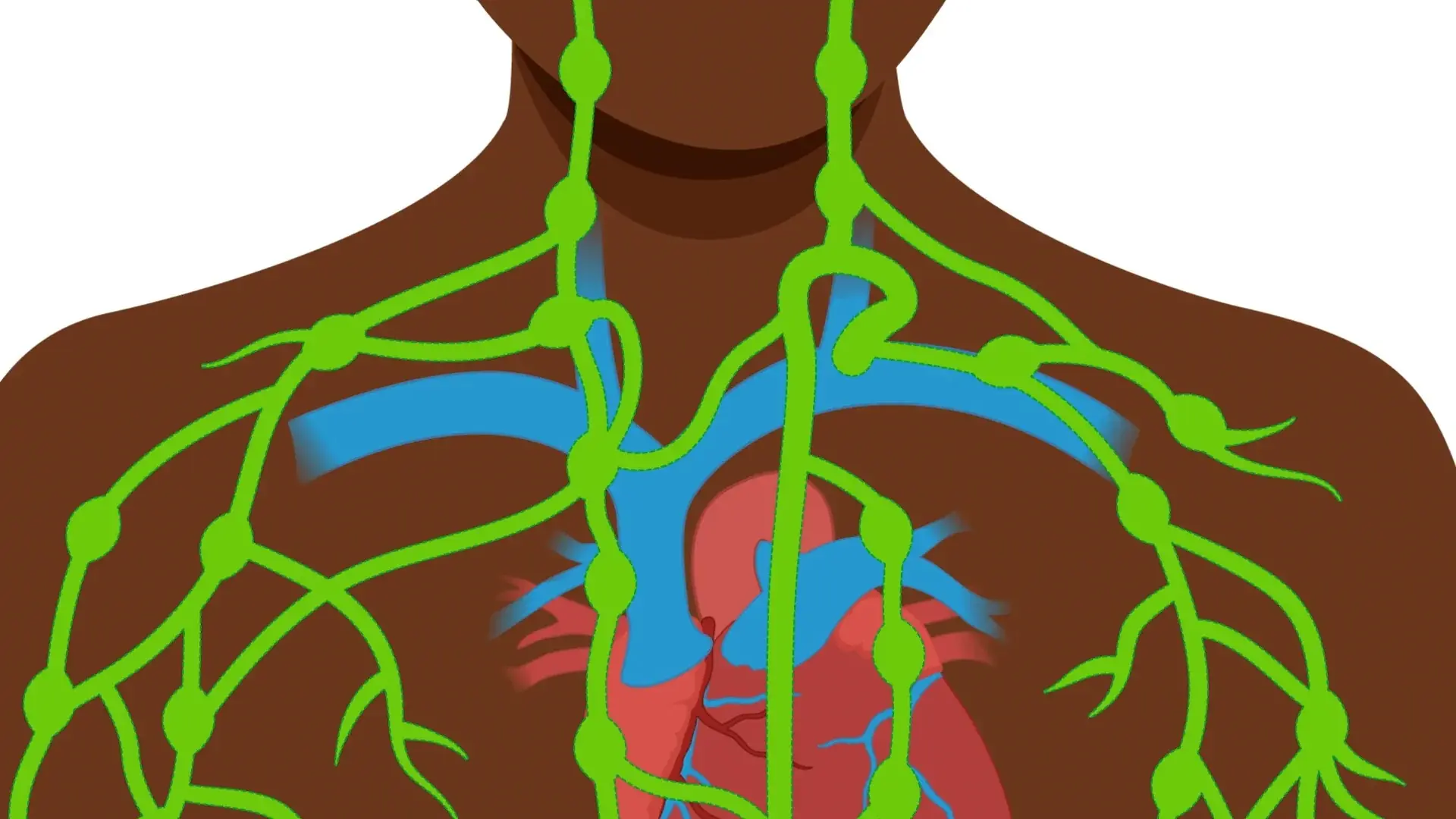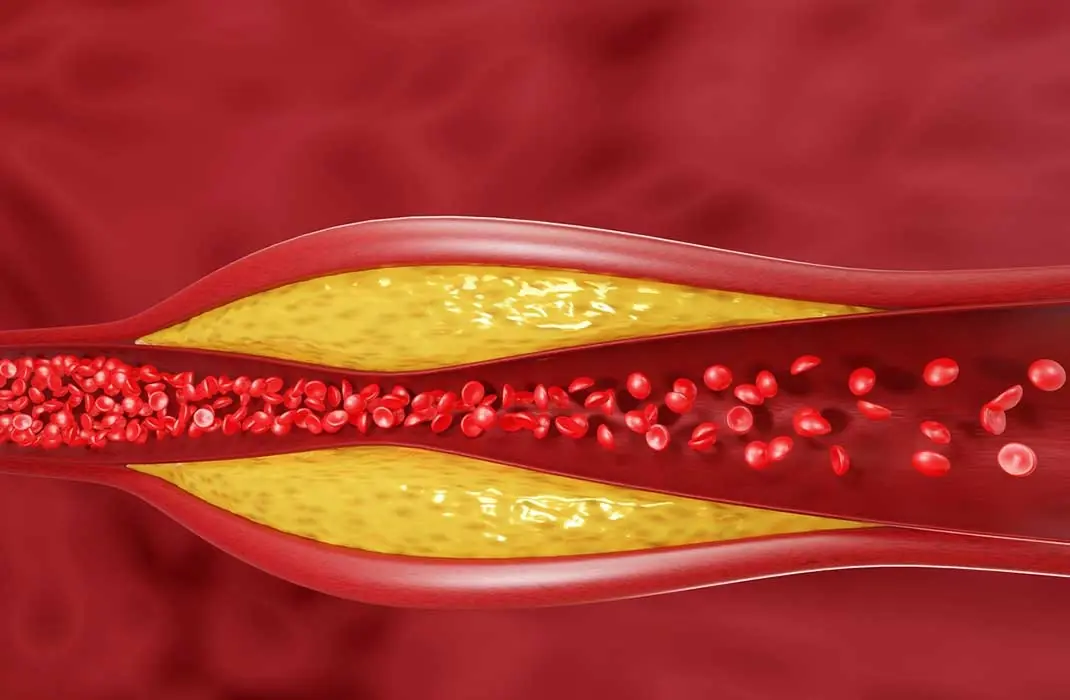
5 Potential Risks of Eating Avocados You Should Know

Whether it’s on toast, in a burrito, as a creamy dip, or even as part of a beauty routine, if there’s one fruit that has captivated the world, it’s the avocado. Technically a fruit but often used like a vegetable, the avocado has found a permanent place in our kitchens—and for good reason. Its smooth, buttery texture and mild flavor make it incredibly versatile. Plus, it’s packed with nutrients, healthy fats, and antioxidants.
However, while most people can enjoy avocados regularly without issue, many are unaware of the potential side effects associated with eating or applying avocado. These reactions, though rare, can vary from person to person. Here's what you need to know about the possible downsides of this beloved superfood.
1. Skin Irritation
Many people use avocado in natural skincare routines, especially as a DIY face or hair mask. Avocado oil is known for its moisturizing and nourishing properties, and many commercial products now feature avocado as a key ingredient.
That said, not all skin types react positively. Some individuals may experience itching, redness, or a rash, particularly when using creams that contain both avocado oil and vitamin B12. Although avocado oil is generally safe for topical use for up to three months, it's always wise to perform a patch test on a small, discreet area of skin first.
Tip: If you notice any discomfort or irritation, discontinue use immediately. If symptoms persist, consult a dermatologist or healthcare provider.
2. Latex Allergy Cross-Reactivity
Surprisingly, if you have a latex allergy, you may also be allergic to avocados. This is due to a phenomenon known as cross-reactivity, where your immune system mistakes proteins in avocado for those in latex.
People with latex sensitivities may experience itchy mouth, swelling, or more serious allergic reactions when consuming avocado. Other foods that may trigger similar responses in latex-allergic individuals include bananas, chestnuts, and kiwis.
Note: If you’ve been diagnosed with a latex allergy, speak with your allergist about whether you should avoid avocados as well.
3. Allergies in Infants and Young Children
Avocados are often one of the first foods introduced to babies because of their soft texture and nutritional value. However, in some rare cases, infants and young children may show signs of a food allergy to avocado, especially if they are also allergic to other foods like milk, oats, or rice.
Symptoms may include:
-
Vomiting
-
Diarrhea
-
Abdominal pain
Because children's immune systems are still developing, they may outgrow certain food sensitivities over time.
Best Practice: Introduce new foods one at a time and in their pure form. Avoid mixing avocado with spices, fruits, or other ingredients until you’re sure it’s safe.
4. Medication Interactions
Many people are aware that grapefruit can interact with medications—but did you know avocado can too?
Avocados may affect the efficacy of warfarin (Coumadin), a commonly prescribed blood thinner. Specifically, eating large amounts of avocado may reduce the effectiveness of warfarin, potentially increasing the risk of blood clots or excessive bleeding.
Important: If you're on blood-thinning medications, inform your doctor about your diet. Regular blood monitoring and dosage adjustments may be necessary.
5. Pregnancy and Breastfeeding Concerns
Avocados are generally safe during pregnancy and breastfeeding when eaten in normal food quantities. They're a good source of folate, which is beneficial for fetal development. However, limited studies suggest that consuming large medicinal doses of avocado could potentially reduce milk supply in some breastfeeding women.
Since research is still minimal, it’s best to stick to moderate consumption and monitor how your body responds.
When in Doubt: Always consult with your healthcare provider, especially if you notice changes in milk production or any unusual symptoms.
6. Gastrointestinal Upset in Sensitive Individuals
Although avocados are rich in fiber and generally good for digestion, some people may experience bloating, gas, or stomach discomfort, especially if they consume too much at once. This could be due to the high fat content or individual food sensitivities.
In addition, some people with FODMAP sensitivities (those prone to irritable bowel syndrome) may not tolerate avocados well due to their sorbitol content.
Solution: If you’re new to avocados or have a sensitive digestive system, start with small portions and observe how your body reacts.
The Bottom Line
Avocados are undoubtedly a healthy and delicious addition to most diets. They provide heart-healthy monounsaturated fats, fiber, and essential vitamins like potassium and vitamin K. They can also benefit the skin and hair when used topically.
However, as with any food or natural product, individual reactions vary. If you notice symptoms like itching, rashes, digestive discomfort, or anything unusual, it might be time to take a closer look at your avocado intake. For some people, it’s not the miracle food it’s hyped up to be.
Final Advice: When in doubt, trust your body. If a food doesn’t leave you feeling your best, it’s okay to leave it out—even if it’s trendy.
Disclaimer:
This article is intended for informational purposes only and is not a substitute for professional medical advice, diagnosis, or treatment. Always seek the guidance of a qualified healthcare provider with any questions you may have about your health or medical condition.
News in the same category


Why Do I Cough When Taking a Deep Breath?

Taking the Stairs Could Help You Live Longer

Purple Veins on Your Legs: When to Worry

Signs Your Cortisol Is Dangerously High

The Sleep Saboteur: The One Thing You Should Never Do When You Wake Up at Night

Nightly Habits That Could Increase Your Risk of Stroke

11 Secret Baking Soda Tricks for Women That Will Change Your Life!

World’s deadliest cancer: 8 early warning signs every older adult should know

The Fastest Natural Way to Cleanse Your Lymphatic System That No One Talks About

Top Essential Oils That Instantly Ease Pain and Inflammation

These Are the Early Warning Signs of Diabetes No One Talks About

Cholesterol Meds Linked With Heart Attacks, Fast Aging And Brain Damage. Eat These Foods Instead

Food Suddenly Tastes Different? Here’s What Your Body’s Trying to Tell You

12 Common Foot Problems and How to Manage Them

Is Your Gel Manicure To:xic?

Understanding Eye Floaters: Causes and When to Seek Help

9 Convincing Reasons to Consume More Dates

Early-Stage Cancer May Not Hurt at First, But If You Notice These 8 Signs When Using the Bathroom, See a Doctor Immediately: Don’t Be Negligent
News Post

Firefighter reveals Princess Diana's last four words before she died
Nearly three decades after Princess Diana’s tragic death, a firefighter who held her hand in her final moments has shared what she said before losing consciousness. His emotional recollection sheds new light on one of the most heartbreaking nights in mo

Fans defend The Rock after he revealed 'slim' look which has left people extremely concerned
Dwayne “The Rock” Johnson stunned audiences with a dramatically leaner appearance at the Venice Film Festival, sparking a wave of divided reactions online. While some fans voiced concern for his health, others rushed to defend the Hollywood icon, remi

Elon Musk's daughter shares very honest message after cutting ties with billionaire dad who claimed she was dead
Vivian Wilson, the estranged daughter of tech mogul Elon Musk, has once again spoken out about life after severing ties with her world-famous father. In a rare and unfiltered message, she shed light on her personal struggles, her independence, and the rea

California hospital staff fired following 'dehumanizing' TikTok ridiculing their patients
What began as a short social media clip has ended in a scandal that shook a California healthcare network. A group of hospital workers recorded a TikTok mocking their patients—an act described as “dehumanizing”—and have now all been dismissed foll

Before-and-after images show effects space had on NASA astronauts after 9 months
What was supposed to be a short visit turned into nearly a year away from Earth. Now, newly released before-and-after images of two NASA astronauts show just how profoundly nine months in space can reshape the human body.

NASA just took the closest-ever images of the sun, and they are incredible
For the first time in history, humanity has peered closer into the blazing heart of our star than ever thought possible. NASA’s Parker Solar Probe has delivered astonishing images and video of the sun’s surface and atmosphere, revealing mysteries that

Rice Water: The “Liquid Gold” in Your Home That Most People Forget to Use

The Shocking Truth Behind “Bleach” Stains on Underwear – What Your Body Is Really Telling You
Many people are startled when they notice pale or bleach-like patches on their underwear and immediately assume something must be wrong. But far from being a sign of poor hygiene, this natural occurrence is actually one of the strongest indicators of a he

There Is One Sound A Person Makes That Means They Have Less Than 24 Hours To Live
As the body approaches its final hours, loved ones may hear a sound known as the “death rattle,” a sign that often causes deep concern. Though unsettling, this natural process is not painful for the person and understanding it can bring comfort to fam

Add This Simple Ingredient When Mopping – Your Floors Will Shine Like New and Stay Clean All Week!

5 Delicious Eating Habits That Put the Whole Family at Risk of C:ancer – Extremely Dangerous and Should Be Avoided Immediately

Be careful — one single action at the airport could ruin your en:tire life.

Condolences to those who are using these 4 types of electric kettles: Throw them away while you still can, thousands of people have already developed c:ancer.

How Magnesium Keeps Your Heart Rhythm Healthy

Why Do I Cough When Taking a Deep Breath?

Taking the Stairs Could Help You Live Longer

Purple Veins on Your Legs: When to Worry

Man develops 'pork worms' in his brain after years of doing this specific cooking habit

Signs Your Cortisol Is Dangerously High
